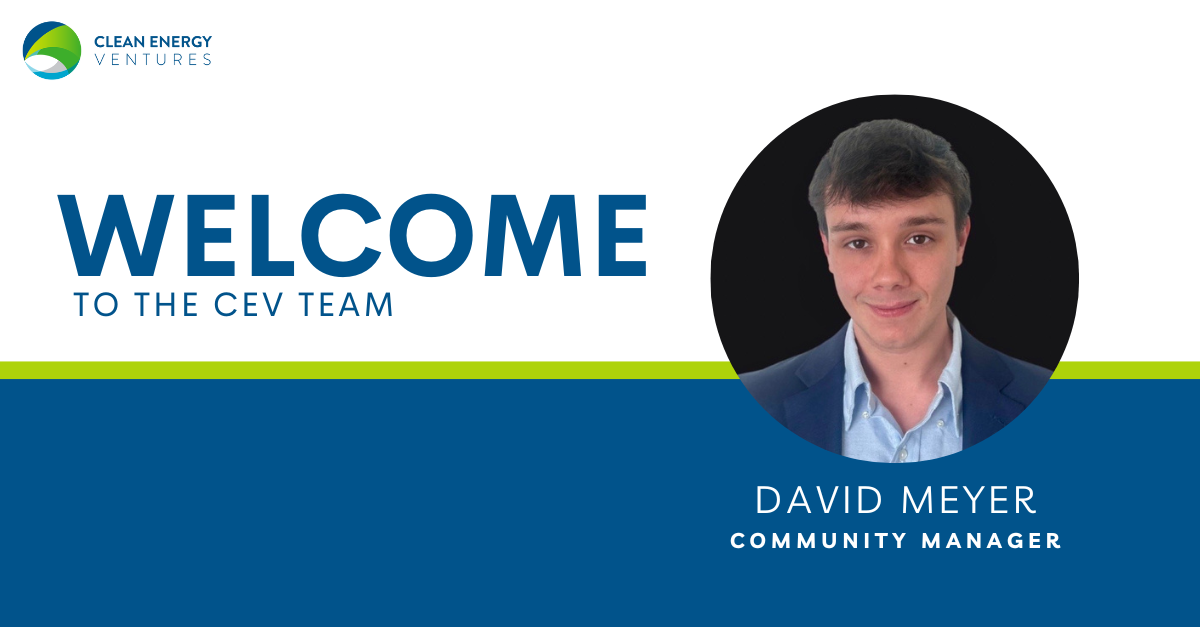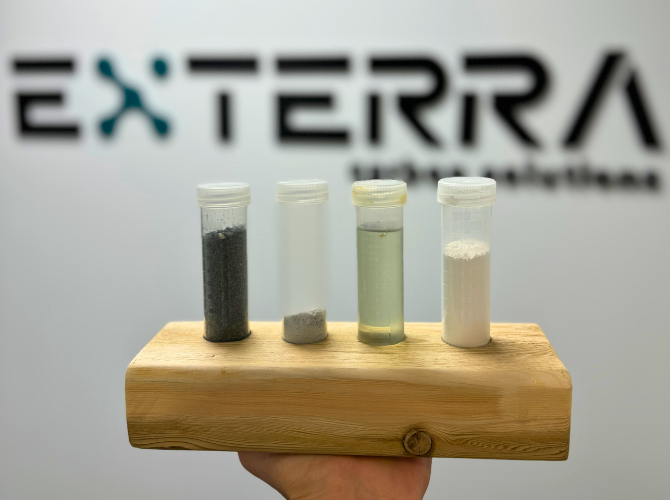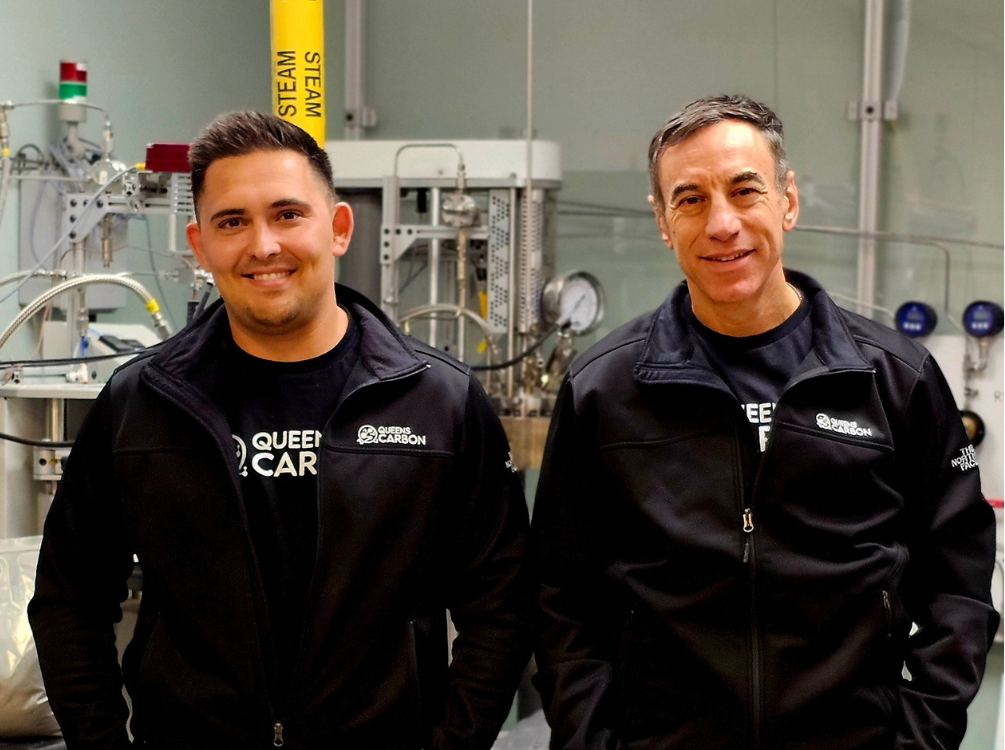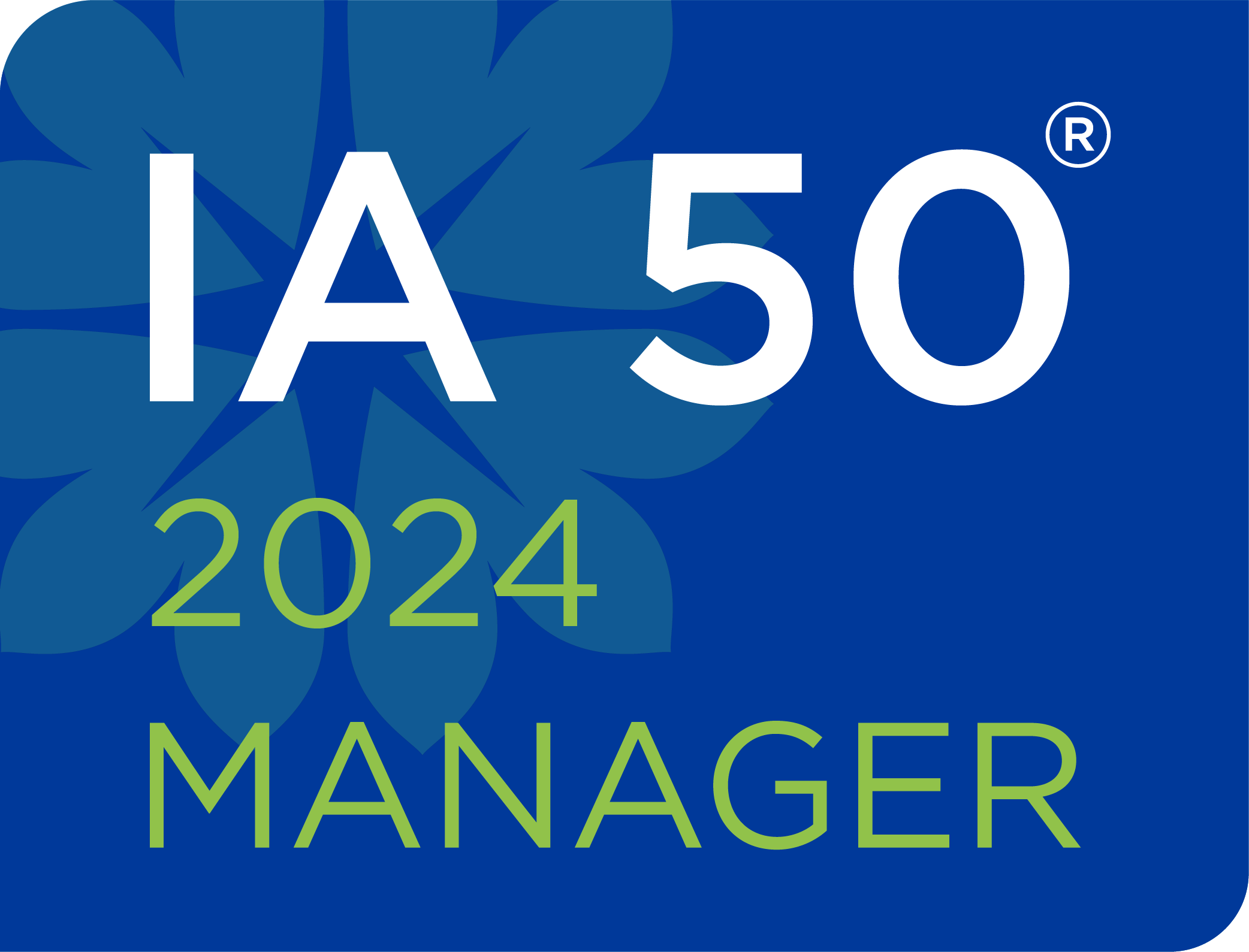Keeping the earth’s warming under control will require pervasive solar in the coming decades, not simply the growth from 3% to 12% of global electricity demand that EIA projects from 2020 through 2030.
The key? Continued cost plummets that render solar clearly the cheapest source of power globally.
To this end, Bodhi, the newest portfolio company of Clean Energy Ventures (CEV), enables substantial savings from the installation and soft costs of residential solar, which comprise more than 65% of total residential solar costs. Solar customers using Bodhi undergo a significantly more positive experience; and, Bodhi unlocks step-change cost improvements for installers that enable everyone to sit back, relax, and soak up the sun.
Bodhi solves solar’s customer experience problem
Bodhi is an amicable persona tailored to residential solar akin to Apple’s Siri and Amazon’s Alexa that enables residential solar installers to dramatically improve customer experience (CX) post-contract via optimized alerts and monitoring. Through strong commercial traction and remarkable customer retention rates, Bodhi’s virtually bootstrapped SaaS platform has proven an ability to create residential solar experiences that both end consumers and installers love.
Bodhi functions as a channel through which end residential solar consumers communicate with their installers via an app branded and white-labeled for the installer but powered by Bodhi. Solar installers, Bodhi’s primary customers, see a 25-50% reduction of operational customer management expenses via automating and personalizing customer notifications to dramatically reduce calls from irritated end users (and headaches from fielding such calls!). The Bodhi platform also monitors growing solar fleets to maximize the performance of panels for end users, and it dramatically improves customer acquisition cost due to increased referral rates and follow-on sales for installer customers. In total, Bodhi contributes to reducing residential solar’s cost per Watt 5-10%, a massive improvement in a commoditized sector.
At present, to manage CX, almost all of the 9,000 solar installers across the U.S. are using arcane and disparate tools ranging from pen and paper to Excel to project management tools like Salesforce and Hubspot that are not tailored to solar. Accordingly, 80% of solar homeowners remembered their post-contract installation experience – a process that often lasts 6-12 months – negatively. In the modern world of instant gratification, solar end users often feel abandoned wondering “what’s going on with my solar?” And solar installers’ operations teams spend up to 50% of their time on customer inquiries. The solar market is fragmented with thousands of local and regional installers across the U.S., and even the giants like Tesla are notorious for poor customer experiences and one-star reviews.
What differentiates Bodhi beyond its patent on data collection and distribution is how the software leverages proprietary integration engines to integrate across all operational tools of a solar company and dozens of CRMs. Bodhi roots its approach to CX in deliberate, methodical, design-based feedback loops. Bodhi’s first 18 months consisted of hundreds of interviews for informing their initial product, which is continuously improving. Of note, post-contract and -installation contexts for residential solar are utility-specific and often change based on local regulations, and customization of feedback loops based on installer, equipment, and utility territory must be granular and dynamic.
Importantly, when speaking with Bodhi customers, they were clearly very happy with the platform, reflected in a 90% retention rate; this metric is especially compelling given the notorious frugality of solar installers. According to Mike Herzig, former CEO of Locus Energy, a residential solar SaaS company that had a strong exit to AlsoEnergy in 2018,
“I was pretty deep in solar during 2008-2017, and there’s no way in hell installers would pay for this if it doesn’t produce substantial savings. It’s encouraging to see that the contract renewal rate is so high. From my experience, CX a deceptively difficult problem that no one has solved well.”
Mr. Herzig invested in this Bodhi financing alongside CEV and will serve as the CEV Board Director to the company.
Why CEV sees Bodhi as a homerun investment
Beyond the intuitive need for the product and its compelling traction, Bodhi’s team, scalability, and market are three additional factors that made the investment particularly compelling.
CEO Scott Nguyen is a PhD Physicist from Harvard with 18 patents and a background that includes senior roles at multiple startups after he was a Senior Physicist evaluating advanced energies for Shell. He has generated enormous goodwill from those in his orbit for his thoughtfulness, intellect, and likability. And Bodhi’s impressive team is a testament to Mr. Nguyen’s ability to attract and identify strong talent, even from unconventional backgrounds.
Moreover, while Bodhi’s residential solar customer experience beachhead is promising, Bodhi’s roadmap includes logical expansions into monitoring, commercial solar CX, and connected home (EVs, efficiency, etc.). And many more expansions are possible – either internally or via partnerships – given how Bodhi’s beachhead positions them as a touchpoint to hundreds of thousands of clean energy consumers and how pervasive the customer experience problem is beyond clean energy in sectors like real estate. Furthermore, exit metrics are favorable for SaaS companies of Bodhi’s profile; investment bankers communicated that 10-15x annual recurring revenue is standard for this type of company with Aurora Solar and PowerFactors as comparable companies.
Just when Clean Energy Ventures thought we couldn’t love solar any more, we found Bodhi, and it feels like we’ve ordered a salivating feast through Alexa without moving a muscle while reclining in our favorite chair. Bodhi is hiring, and those who join the team will proliferate a world in which solar becomes increasingly pervasive due to increased love of solar from end consumers.




